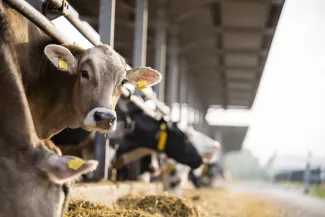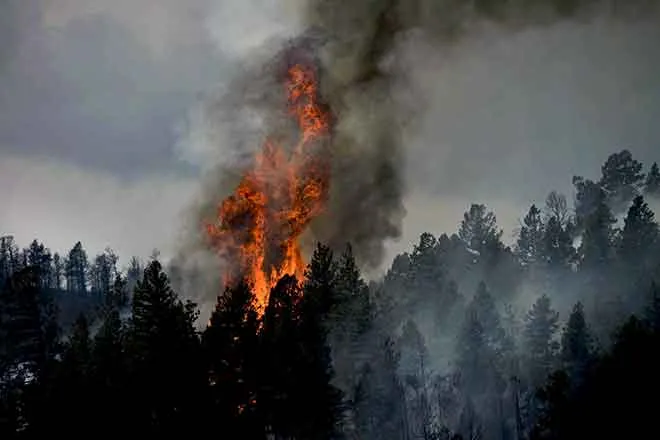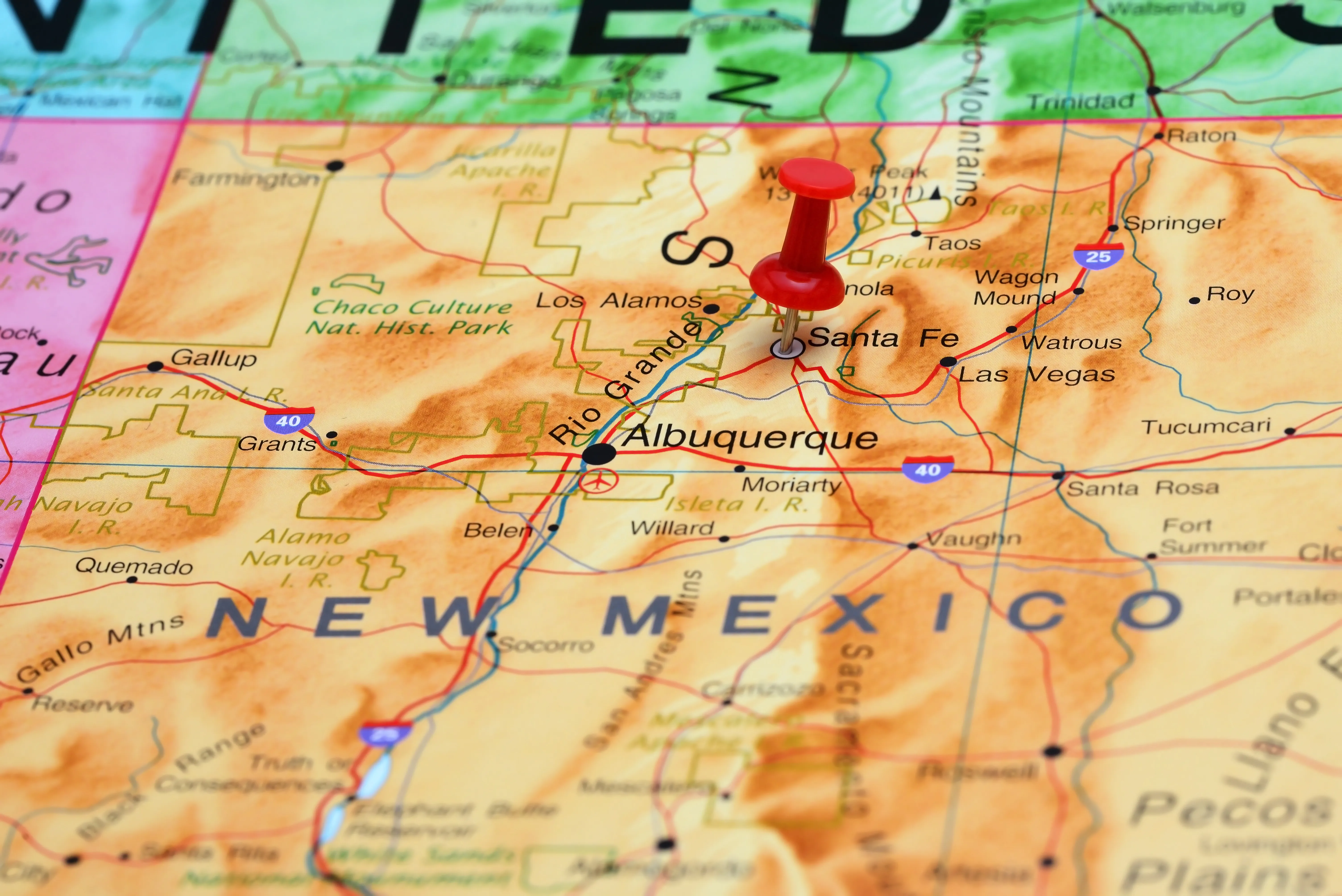
Commentary - Increased beef imports could hit Colorado hard
Belying Colorado’s mountainous reputation are millions of acres of farmland, blanketing nearly half of Colorado’s land area. Most of that land is dedicated to the production of cattle and calves, Colorado’s biggest cash crop.
That’s why President Donald Trump’s efforts to increase beef imports from Argentina may hit Colorado so hard. The president is raising the tariff rate quota for Argentinian beef from 20,000 to 80,000 metric tons, allowing four times as much Argentinian beef into the U.S. at low tariff rates. Trump claims that this will lower the cost of beef for American consumers as well as benefit his friend, Javier Milei, president of the economically struggling Argentina. But not only is Trump’s “win-win” logic flawed, his rhetoric masks the real winners and losers of this deal: corporations and American cattle producers.
The multibillion-dollar corporations monopolizing the American beef industry are set to profit from Trump’s Argentinian beef imports. JBS, Cargill, National Beef and Tyson (the “Big Four”) control 80 to 85% of the U.S. beef industry. The Big Four finish, process and package beef that they purchase from independent cattle producers.

© Smederevac - iStock-1470677566
Corporate consolidation in the industry has suppressed competition, and as a result the Big Four can dictate contract terms with cattle ranchers and farmers and shape the market, often illegally. Time and time again, the Big Four have been sued for suppressing production, increasing beef prices, and lowering payments to ranchers — they’ve paid 10s of millions of dollars to settle price fixing and conspiracy suits.
One result of corporate consolidation: Cattle producers earn on average only 30 cents for each dollar of beef sold in the U.S., down from 60 cents in 1990. More than half of cattle producers in the U.S. have gone out of business since 1980.
The stranglehold that JBS, Cargill, Tyson, and National Beef have on the American beef industry isn’t just detrimental to cattle producers. The Big Four have a harrowing record of environmental and labor violations with implications for the entire country. From child-labor scandals in JBS slaughterhouses, to Tyson dumping millions of pounds of toxic waste into American rivers and lakes, to Cargill selling burgers tainted with E. coli in major U.S. supermarkets — these companies treat regulatory fines as a cost of doing business, rather than cleaning up their act.
Perhaps most egregious is the climate impact of these companies. They emit enormous amounts of methane, a superheater greenhouse gas responsible for about one-third of global warming since the industrial revolution. JBS alone emits more methane than Shell and Exxon combined. The Big Four are roasting the planet, polluting our environment, and harming workers and America’s independent cattle producers to boot.
Tough economic conditions for American cattle producers, combined with severe climate change-induced drought, and a cattle-parasite outbreak have contributed to record-low herd sizes in the U.S. and high beef prices for consumers. And while the higher beef prices don’t seem to be curbing demand among American consumers, they are a lifeline for U.S. cattle farmers after a stretch of bad years, allowing them to finally pay off some debt.
Cheap imports from abroad will undercut cattle producers, allowing the Big Four meatpackers to pay less for cattle. In fact, the announcement of the lower tariff rate quota has already hurt cattle prices for producers. That’s why President Trump’s efforts to increase beef imports sparked outrage among American cattle producers and instigated a bipartisan delegation of Colorado legislators to oppose the tariff-rate quota increase.
In addition to harming cattle producers, increasing imports of Argentinian beef is unlikely to benefit consumers. Lower tariffs will reduce production costs for the Big Four, but that won’t necessarily translate to lower prices in grocery stores. More likely, the Big Four’s profit margins will increase, allowing them to take home whatever “savings” Trump promises to the American public.
Ultimately, raising the tariff rate quota for Argentinian beef reveals Trump’s loyalties. He’s supporting Milei and the Big Four — but consumers and cattle producers? Not so much.















